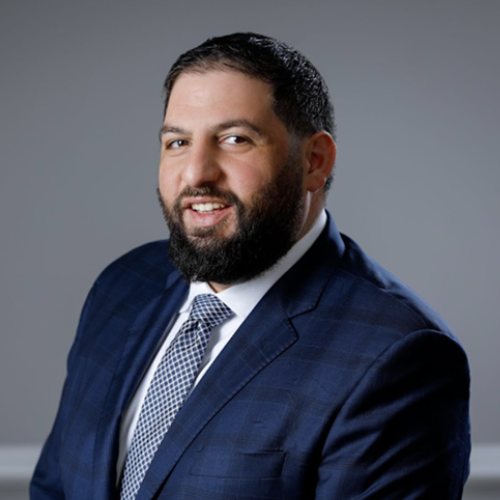We would like to tell you a tale of the dangers of speaking with the IRS without representation during a tax evasion investigation. This is the story of Father Hien Minh Nguyen, age 56, from the Roman Catholic Diocese of San Jose, California who did not exercise his Fifth Amendment rights and unnecessarily incriminated himself for criminal tax evasion. In the end with little other choice, he pled guilty to the charges. This case is a perfect example of how to react and respond to IRS questioning for tax evasion and other tax crimes.
For four years, Father Nguyen stole money parishioners donated to the Diocese; he deposited the money into his personal bank account. Not only did Father Nguyen steal the donations, he willfully (and not surprisingly) did not pay income tax on the stolen monies. Almost needless to say, Father Nguyen did not inform his tax return preparer of his “earnings,” and he did not keep records of how much he stole. Therefore, he filed false income tax returns that did not reflect his true income.
When Father Nguyen received a surprise visit from the IRS Criminal Investigation Division and he started talking. His first mistake was to submit to an interview without legal representation. Before questioning him, the agents informed the priest that it was within his legal rights to refuse to answer any questions. The Fifth Amendment to the Constitution protects citizens from situations just like this (where one might incriminate themselves), and it is one that the father should have exercised.
Just as countless others have thought in situations like this, Father Nguyen did not see the harm in simply answering a few questions. He operated under the assumption that he could somehow talk his way out of the situation. But, as it often happens when someone is hiding something or trying to deceive somebody, Father Nguyen’s answers became contradictory and inconsistent. When the agents questioned the priest about his meandering replies to their questions, he realized he was in hot water and asked for a break from the questioning. Even after the break, however, Father Nguyen continued to give waffling answers as he was clearly thrown off guard by the questioning.
Later, in an attempt to keep his damning statements out of evidence, Father Nguyen’s attorney took the tack that the IRS had tricked, deceived or coerced him – but to no avail. The Court was not buying that he had been hoodwinked or compelled; the Court held that the IRS agents did what they were required to do without crossing any lines.
What Father Nguyen should have done in the first place was to politely tell the special agents that he would not answer their questions without his attorney present, taken their business cards, and asked his tax attorney to contact them.
What many people do not realize is that there is a Criminal Division within the Internal Revenue Service and that just like with any criminal investigation, if you are ever contacted by or receive a visit from these special agents, you should consult with an attorney before ever submitting to an interview or interrogation of any kind. The Fifth Amendment guarantees your right against self-incrimination, even if you are just a witness.
Often, when being questioned by criminal law authorities, witnesses think “I’m just a witness – what could it hurt to answer a few questions?” Well actually, it could hurt a great deal. Although you may be told (even truthfully so) that you are not the target of an investigation but simply a witness who can help by providing information, there is nothing to sway investigators from building a case against you later on.
In the preliminary stages of an IRS criminal investigation, a person may be told that they are just a witness and that being forthcoming would really help investigators. And because they are not in the “hot seat,” they might think that “cooperating fully” will make the IRS appreciate them and leave them alone. Wrong. As it is stated in the Miranda Rights, “Anything you say can and will be used against you in a court of law.”
If you are ever contacted by the IRS Criminal Division (or any law enforcement agents for that matter), inform them that you are willing to cooperate but only through an attorney. You do not need to be difficult or rude about it, but you do need to be firm. You may think that by doing this you are being paranoid or maybe even “look guilty,” but both of those things are better than the alternative – getting flustered and running off at the mouth or even saying something seemingly innocent only to have it used against you later on.



